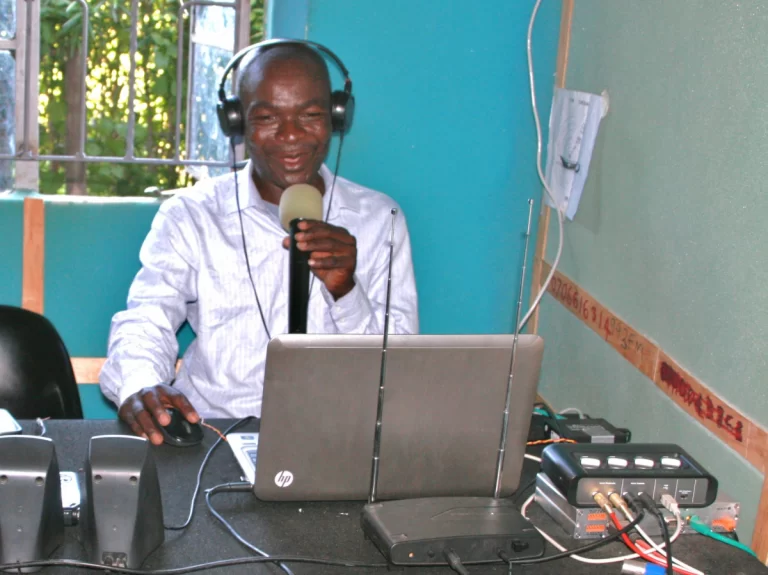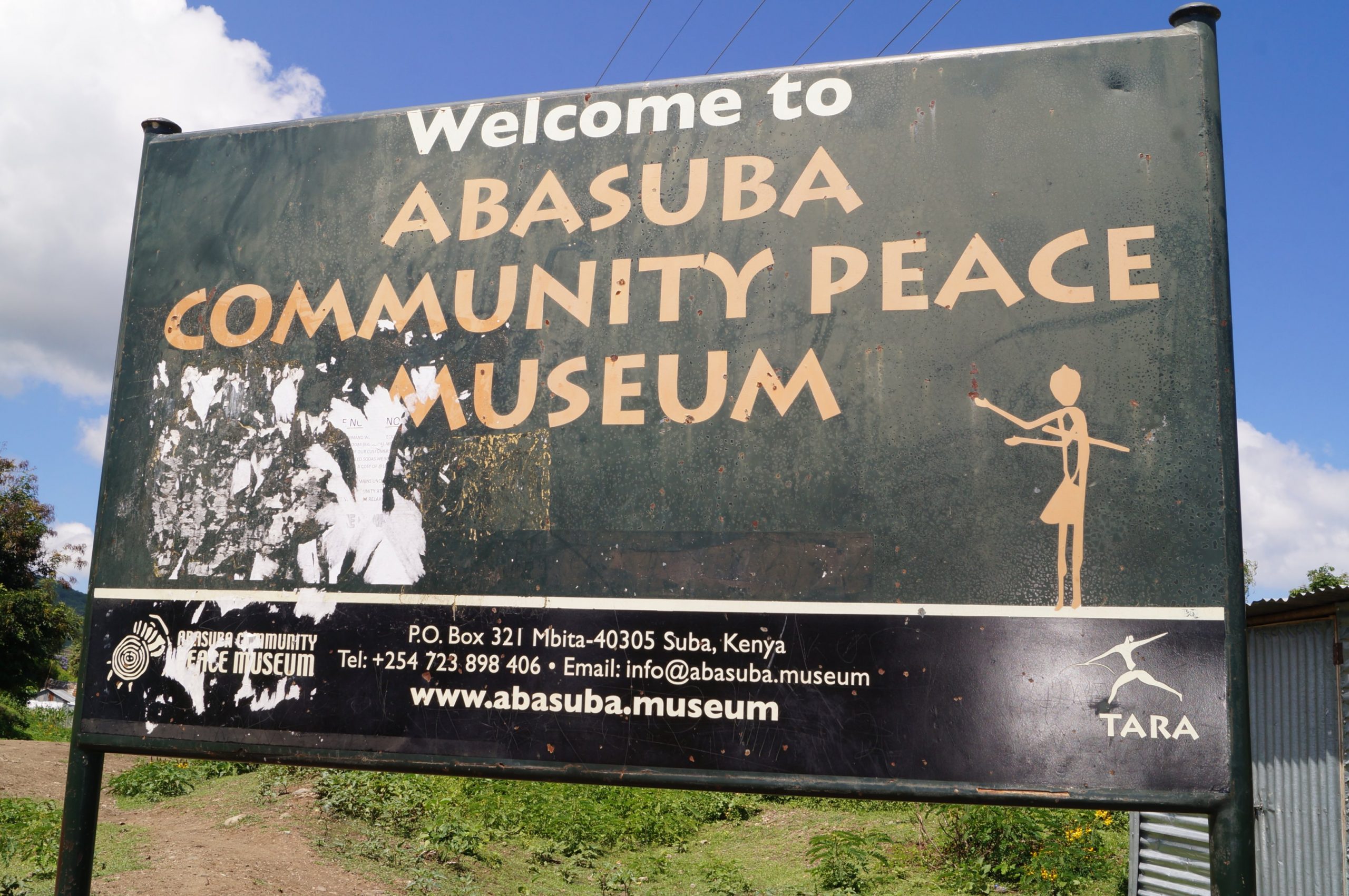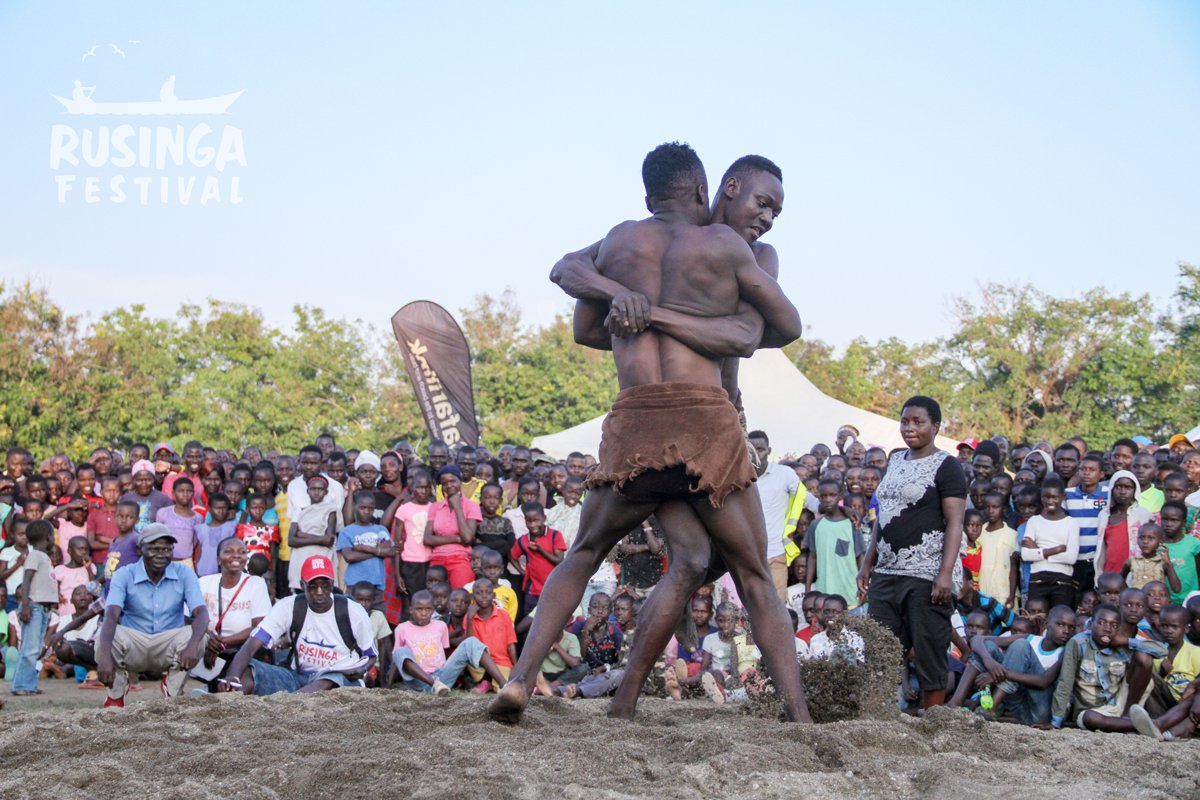
The Suba or Abasuba, a small Kenyan Bantu community speaks Olusuba. They live in a region occupied predominantly by the Nilotic Luo community, whose primary language is Dholuo.
By JACKSON OKATA
A little over 300 kilometers west of Kenya’s capital of Nairobi, along the shores of Lake Victoria, you will find the Suba or Abasuba, a small Kenyan Bantu community that speaks Olusuba. They live in a region occupied predominantly by the Nilotic Luo community, whose primary language is Dholuo.
The assimilation of the Suba community into the Luo culture contributed to the gradual disappearance of their native language, explained Abasuba Community Association chairperson and elder, Arphaxad Mugambwa. It is now considered one of 300 languages in Africa facing extinction, according to UNESCO’s Atlas of the World’s Languages in Danger of Disappearing.
“Currently we have less than 10,000 people who can fluently speak Olusuba out of a total population of 158,000 Suba people,” said Mugambwa. The remaining Suba people who still speak Olusuba live on Mfangano Island, a major tourist destination south of Lake Victoria.
The emergence of modern religion and formal education in the region pushed the Suba people toward using Dholuo, explained 74-year-old Suba elder Ochieng Omollo. Bibles were written in Dholuo, and education was administered in the language, too. “When colonists came, the Luo were the majority here and [the colonists] hired interpreters from the Luo community. This forced our people to learn Dholuo for easy communication,” said Omollo. “Our identity is threatened because the majority of people born from the 1980s can’t speak Olusuba.”
To prevent the loss of yet another African language, and in the hopes of preserving the Suba people’s rich culture and history, a group of Kenyan journalists founded Ekialo Kiona Suba Youth Radio Station (EK-FM) in 2009. EK-FM broadcasts programs in Olusuba about healthcare, climate change, sustainable agriculture, fishing, youth empowerment and Suba culture.
 Saving a dying language
Saving a dying language
“It took us three years to get the station running,” said Richard Magerenge, founder and director of EK-FM, noting that limited resources led to the delay in launching. Help from a team of graduate students from the University Of Pennsylvania School Of Design, and a grant from Google helped them finalize their vision. Today, EK-FM is run by a team of 10 volunteer presenters and producers.
The Suba people are tracing back the roots of their culture, thanks to the initiative. “This radio station is turning things around. Many people are beginning to own and embrace the Suba culture,” said Magerenge. “The young people in particular [are] finding it interesting to learn [about] the Olusuba language just like they would be excited [about] learning foreign languages like French and German.”
Engaging young audiences
EK-FM has a youth development initiative that guides secondary school students in developing radio programs and presenting news stories in Olusuba. “The younger generation is key to the success of this project because the future belongs to them. If we can get the young people into speaking Olusuba then we can rest assured that the future of our language is secured,’’ said Magerenge.
EK-FM also plays Suba music and hosts discussions with Suba elders as a way of resuscitating the dying language. “We always hold radio lessons that take our audience through the Suba cultural practices like marriage, circumcision and language, “said Nancy Sungu, a presenter at the station.

The younger generation seems more interested in learning about the Olusuba language and Suba culture than the older generation, Sungu noted: “Through our programs younger generations are identifying more as Suba people compared to the older generation who identify as Luos.”
Community elders also lead Olusuba language lessons which help presenters develop a vocabulary to use while broadcasting. EK-FM broadcasters interview community members about traditions and Suba history, as well.
Uniting the community
The radio station acts as a uniting bond, said community radio coordinator Samwel Karan. “This is the voice of the community. The radio provides a platform [for] rallying the Suba community towards certain courses whenever [the] need arises,” he said.
The station is currently collecting information to be used in the development of a trilingual Olusuba-Dholuo-English online dictionary for future generations.
The goal over the next decade? For the Suba community to use Olusuba as its primary language, said Karan.
_________________
The author is an award winning journalist based in Kenya.
Courtesy: IJNET (Published on Oct 5, 2022)